EU harbors murderers of 17,000 Iranians, but sanctions protectors of security: Iran rights official
Iran’s top human rights official has slammed the European Union’s double standard toward the issue of human rights, as the bloc slapped new sanctions on the Islamic Republic under the pretext of rights violation.
Secretary General of Iran’s High Council for Human Rights Kazem Gharibabadi said that the European Union imposes sanctions on protectors of the Iranian people’s security and safety in the face of recent Western-backed riots, but harbors the terrorists who have “murdered 17,000 innocent Iranians,” as he referred to the anti-Iran terrorist cult of the Mujahedin-e-Khalq Organization (MKO).
The same European Union which has violated the rights of millions of Iranian civilians due to implementation of U.S.-orchestrated unilateral and cruel sanctions, and sheltered and provided unwavering support to the terrorists who have murdered 17,000 innocent Iranians…… 1/2
— Gharibabadi (@Gharibabadi) October 17, 2022
The EU has “violated the rights of millions of Iranian civilians due to implementation of US-orchestrated unilateral and cruel sanctions, and sheltered and provided unwavering support to the terrorists who have murdered 17,000 innocent Iranians,” Gharibabadi tweeted.
……, has now once again put up a pathetic charade by claiming to be defending human rights while simultaneously imposing sanctions on those safeguarding the security and safety of Iranian people against western-backed riots. 2/2
— Gharibabadi (@Gharibabadi) October 17, 2022
The bloc “now once again put up a pathetic charade by claiming to be defending human rights while simultaneously imposing sanctions on those safeguarding the security and safety of Iranian people against western-backed riots,” he added, in posts on his Twitter account.
After it was founded more than 50 years ago, the MKO launched a campaign of bombings and assassinations in Iran. Out of the nearly 17,000 Iranians killed in terrorist attacks over the past four decades, about 12,000 have fallen victim to the group’s acts of terror. The ill-famed terror group is currently based in Albania, where it enjoys freedom of activity after being delisted by the European Union and the United States in 2009 and 2012 respectively.
Gharibabadi’s tweet came after an EU foreign ministerial session on Monday decided to levy sanctions against 11 Iranian individuals and four entities over the country’s response to the riots that followed the death of a young Iranian woman, Mahsa Amini, in hospital after she collapsed in a police station.
The sanctions targeted a section of Iran’s security forces, the Basij volunteer forces, and the cyber division of the country’s Islamic Revolution Guards Corps (IRGC). The bloc also listed Iran’s Minister of Communications and Information Technology Issa Zarepour for an alleged internet shutdown. The coercive measures include travel bans and asset freezes.
Iranian Foreign Minister Hossein Amir-Abdollahian on Monday censured the sanctions, calling them “superfluous” and “an unconstructive act out of miscalculation.”
“Down a well-worn path of ineffective sanctions, the EU today adopted further superfluous sanctions on Iranian persons. It is an unconstructive act out of miscalculation, based on widespread disinformation,” Amir-Abdollahian said.
Later on Monday, Iranian Foreign Ministry spokesman Nasser Kan’ani said the EU decision amounted to a violation of international law and constituted a brazen example of interference in the Islamic Republic’s internal affairs, vowing reciprocal sanctions against European persons and entities.
Protests over the death of Mahsa Amini erupted first in her native province of Kordestan and later in several cities, including the capital Tehran. Amini fainted at a police station and was pronounced dead in a hospital in Tehran three days later on September 16. Extremist elements soon derailed the protests and incited violence against security forces.
Meanwhile, an investigation conducted by the Iranian parliament has concluded that Amini’s death was not linked to alleged physical assault, but rather, she died of an illness.
According to the report, the young woman was neither assaulted during her transfer to the police center in Tehran, where she fell into a coma, nor hit while being held there.
Leader: Iran has no proxy forces in West Asia
US fighter aircraft shot down ‘in friendly fire’ amid aggression on Yemen
Yemeni FM: Israel’s sponsors accountable for ongoing aggression on Sana’a
Eight Palestinians killed as Israel attacks Gaza school, hospitals
VIDEO | Rome, Milan host new protests in solidarity with Palestinians
Dec. 21: ‘Axis of Resistance’ operations against Israeli occupation
Spain jurists demand ties with Israel ties be cut
VIDEO | Press TV's news headlines


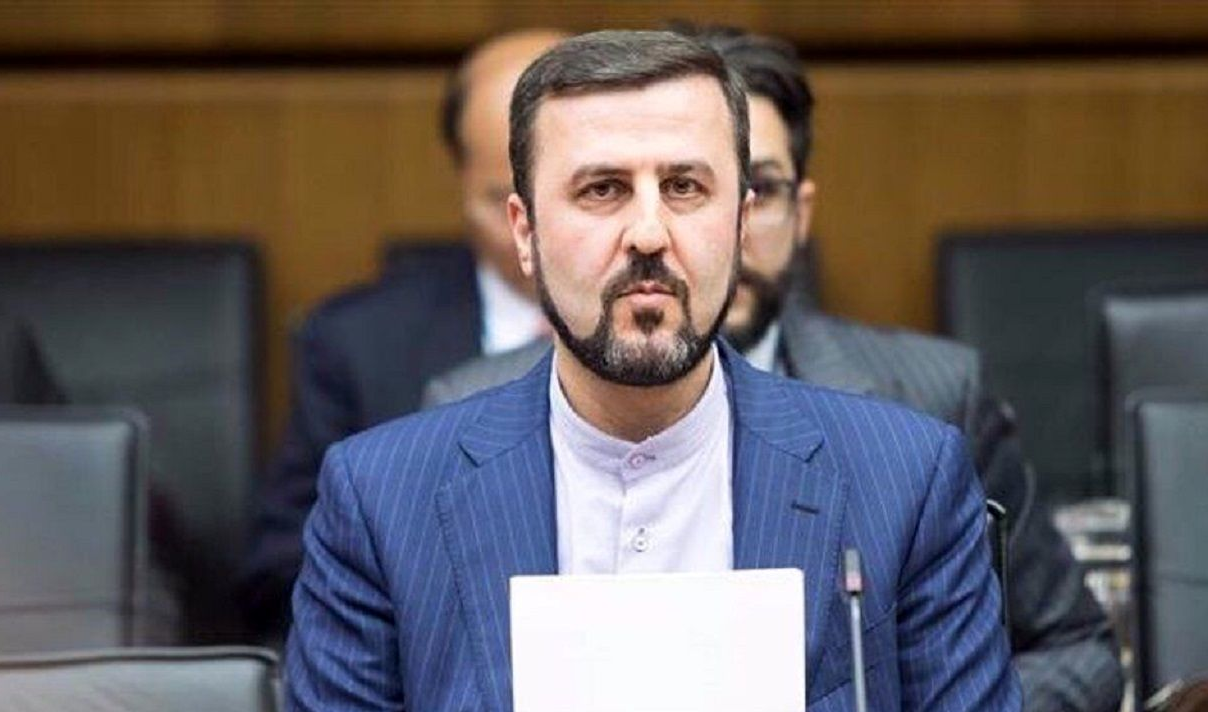
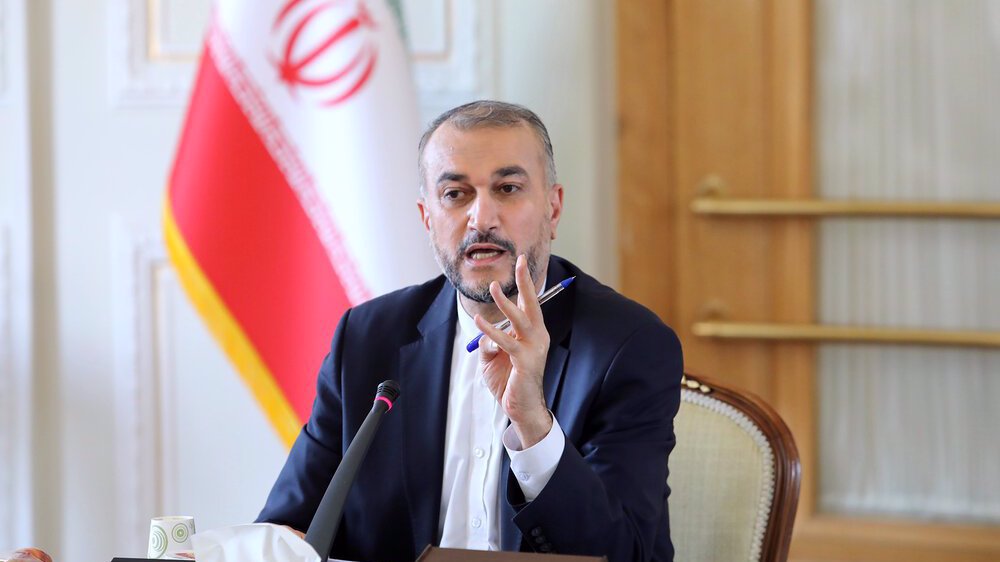
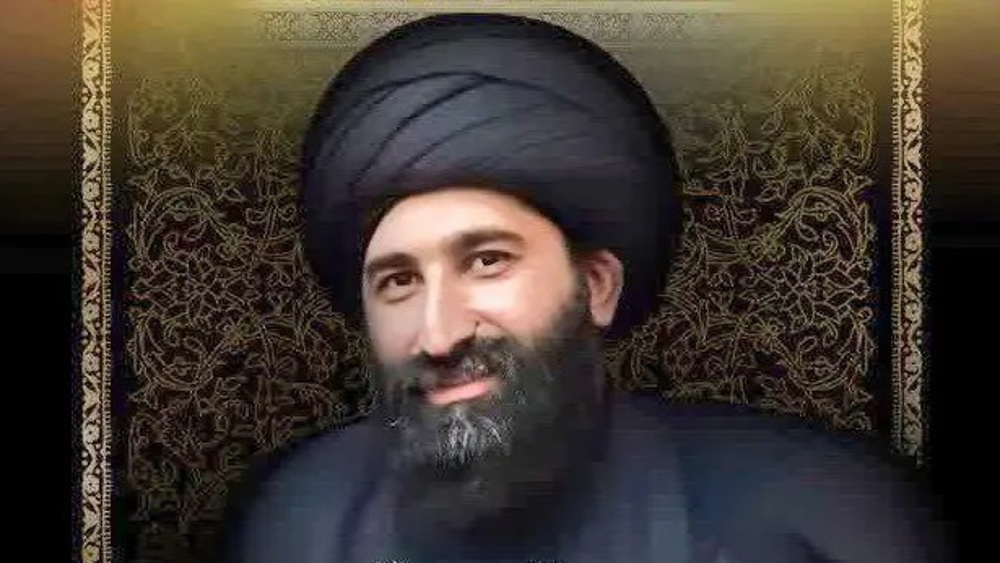
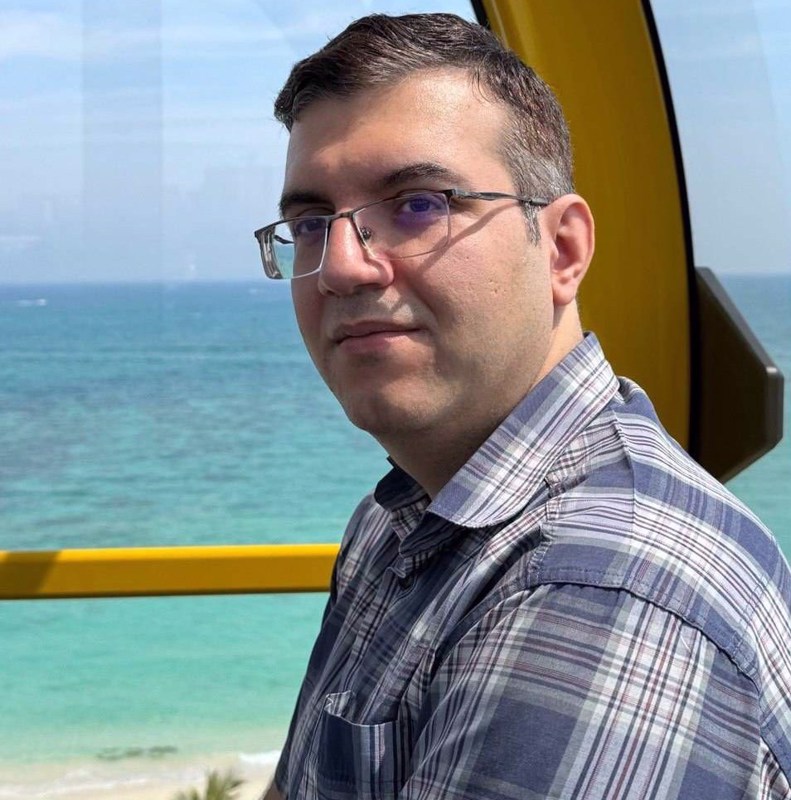
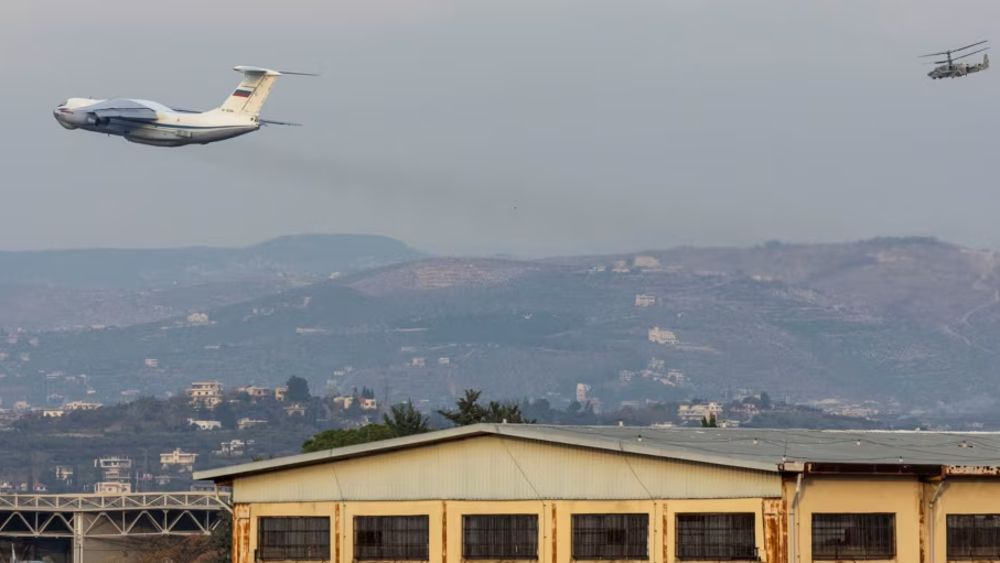



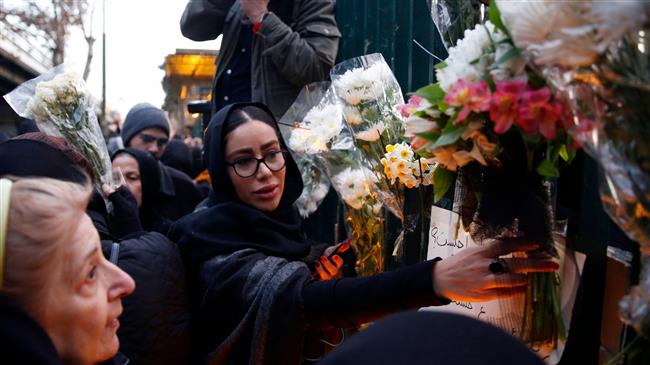
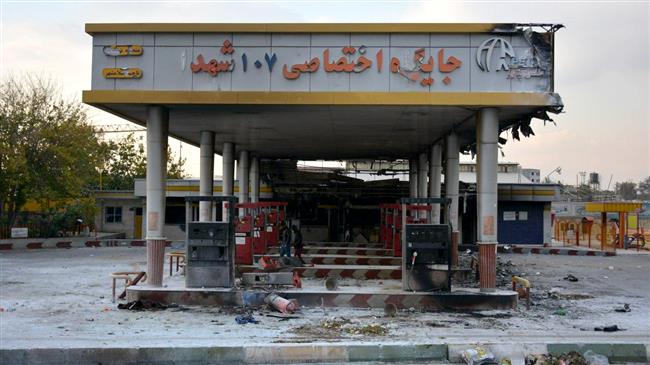


 This makes it easy to access the Press TV website
This makes it easy to access the Press TV website